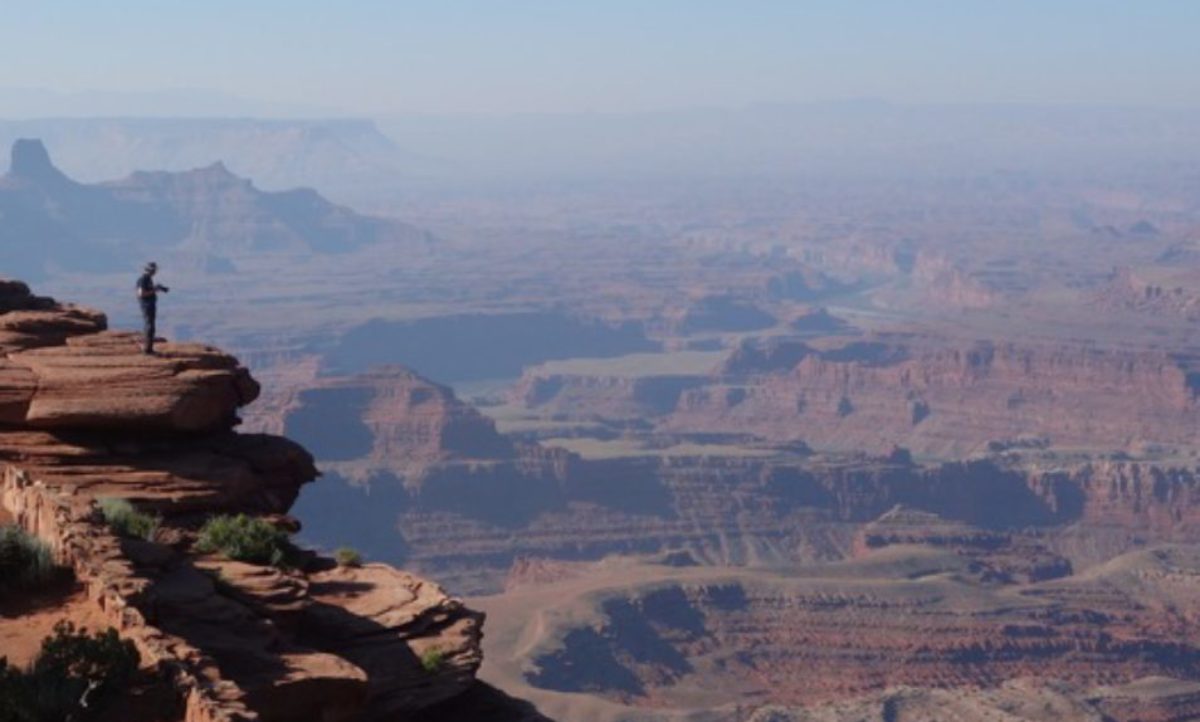
We left our hotel bright and early -well, early anyway – to explore the back roads from Lisbon, heading south to the wine area of Alentejo, through the rolling hills. Our eventual destination was Évora, but we had many stops along the way.
Our first stop was to the tiny hamlet of Arraiolos, which has the unusual distinction of being the rug making capital of Portugal for centuries. In 1496 King Manuel decreed that all Muslims were expelled from the country unless they became Christians; Muslim rug making families therefore migrated to the south where they found a more tolerant community. They settled there and the whole family became involved in the rug making craft. We enjoyed a guided tour of the rug making museum in town and learned the history and saw rugs, new and old.


Our second stop was to a monte, a traditional wine making estate in the Alentejo region, which was huge: over 7,000 acres of property with many buildings and vineyards. The wealthy patriarch, Jose de Mello, (1927-2009) had many passions, including saving horses by starting stud farms, breeding and racing them. He started growing grapes in the 80s, and got some of his starter vines from Napa. He also had a large family, having produced eleven children, many of whom play a major roll in the running of the estate today. All of his children are involved in some way.


We walked through the vineyards and enjoyed the sights and smells of the herbs mingling among the vines. We had a tour of the winery, seeing the steel drums and oak barrels in the cellar. The production is very successful and they sell over two million bottles a day. They bottle a large variety of wines, though some of the grapes are purchased from other vintners.

Of course, such an event isn’t complete without a tasting. We were also given bread, cheese, and jelly to accompany the flavors of the three varietals we tasted: a sauvignon blame, a rosé and a sirah.

After the tasting, we adjourned to a huge dining room and had lunch! We started off with chicken soup, then had duck rice with sausage, salad and a phyllo-filled jam dessert with strawberries.

Our last stop was a visit to a cork factory, where our guide Susana explained the process of extracting cork from tree trunks, then drying and stacking them.

The variety of products made from cork is amazing, from furniture to floors. We were guided to the showroom for the ultimate discount shopping experience. I didn’t see anyone leave empty-handed.

Next stop: Évora, the white washed village which has gained recognition as a UNESCO National Heritage Site. Our home for the next two nights is the Pousada Dos Loios in Évora, a former monastery converted to a boutique hotel by the government and managed by Pestano corporation. We checked in late in the afternoon, with an hour to rest before we had a guest lecturer, Paolo, a university professor who discussed his experiences during the 70s, a turbulent period in the history of the country.
We had a delicious, elegant dinner served in the cloister of the hotel, with puréed vegetable soup, spinach and pork cheeks, with a gelled pineapple with chocolate ice cream for dessert. We took a stroll after dinner to explore the hotel grounds. We discovered that the pool is not heated, no surprise.


As twilight turns dark, we wander among the Roman ruins from the first century, reminding us of the past is always with us.

My internet conked out last night, so it is now tomorrow. After breakfast, we will have a walking tour of Évora, a visit with university students, maybe some time poolside? It is supposed to be 95 degrees. Tonight we have a cooking lesson. Oh, dear.these sisters were not brought up to cook!
More to come!

